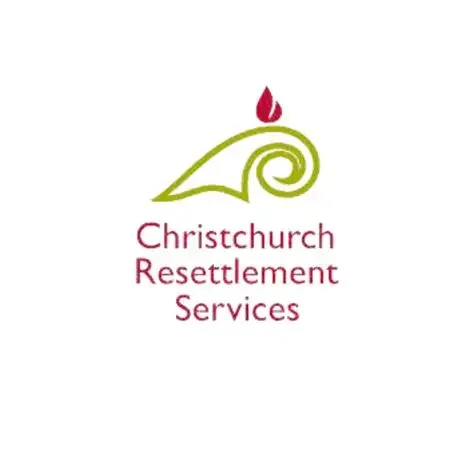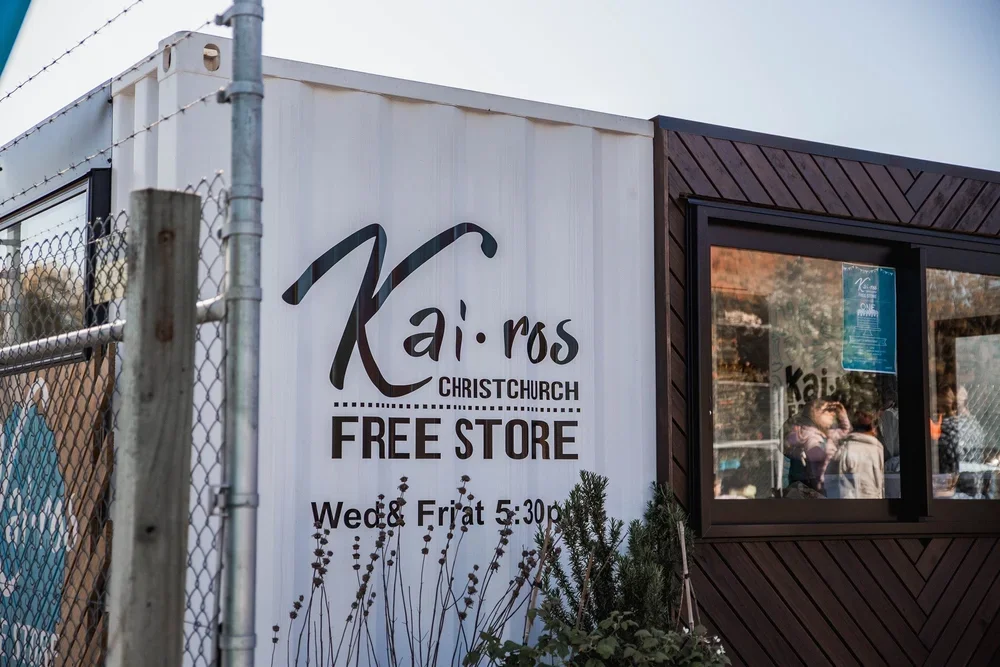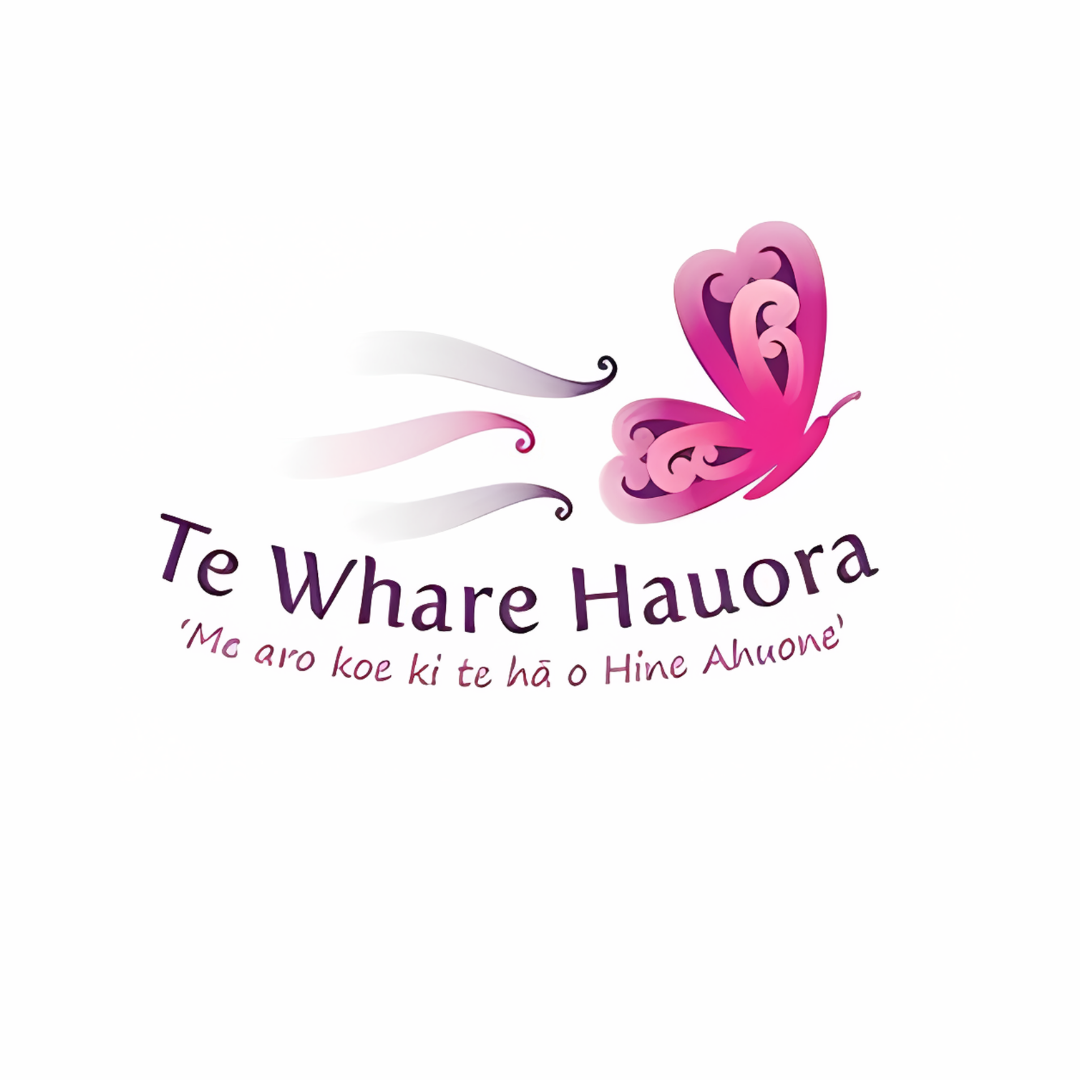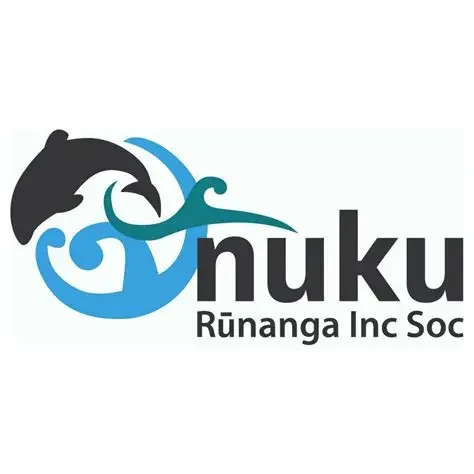Cancer Society - Te Kāhui Matepukupuku o Aotearoa
We are here to help and support people with cancer and their whānau
-
Cancer helpline - talk to one of our cancer support nurses
0800 CANCER (226 237) Monday to Friday, 8.30am–5pm
Phone number
Email address
Physical address
74 Langdon’s Road Papanui, Christchurch 8053
Postal address
PO Box 13 450, Christchurch 8141
Cancer - Te Matepukupuku
There are many different types of cancer. We're here for all people and all cancers.
Types of Cancer
What is cancer? Find out about what cancer is including an educational video and detailed information sheet.
Advanced cancer - cancer that has spread - Cancer that has come back or is spreading is called advanced cancer.
Bladder cancer - Bladder cancer begins in the cells inside the bladder, the part of the body which holds the pee (uri…
Blood cancer - There are many types of blood cancer. The main types are leukaemia, lymphoma and myeloma.
Bone cancer - Bone cancer, also called primary bone cancer, begins in the bones or cartilage.
Bowel cancer - Bowel cancer is cancer in any part of the large bowel, which includes the colon and rectum.
Brain tumours - A brain tumour is the growth of abnormal cells in a part of the brain.
Breast cancer - Breast cancer forms in the cells of the breast tissue. It can occur in women and, rarely, in men.
Cervical cancer - Cervical cancer begins in the cervix, which is part of the female reproductive system.
Gynaecological cancers - Gynaecological cancers are cancers of the female reproductive organs, including uterine cancer, ovar…
Head and neck cancer - Head and neck cancer is a general term for a range of cancers that start in the tissue or lymph node…
Lung cancer - Lung cancer is cancer of some of the cells in part of the lungs and begins in the lining of the airw…
Kidney cancer - Kidney cancer is the abnormal growth of cells in one or both kidneys.
Melanoma of the skin - Melanoma of the skin is the most serious of the three common types of skin cancer.
Eye melanoma - Eye melanoma, also called ocular melanoma, is a cancer of the eye.
Laryngeal cancer - Laryngeal cancer or voice box cancer is cancer of the larynx, the part of your airway that contains …
Liver cancer - Liver cancer, also called primary liver cancer, begins in the liver.
Mesothelioma - Mesothelioma is a rare type of cancer that starts in the mesothelium.
Mouth cancer - Mouth cancer, sometimes called oral cancer, includes cancer of the tongue, hard palate, soft palate,…
Neuroendocrine tumours - Neuroendocrine tumours begin in the neuroendocrine system, which makes and releases hormones that co…
Oesophageal cancer - Oesophageal cancer is a cancer of the oesophagus, the tube that connects your mouth to your stomach.
Pancreatic cancer - Pancreatic cancer is cancer that starts in the pancreas, the part of your digestive system that sits…
Prostate cancer - Around 4,000 men in Aotearoa get the news that they have prostate cancer each year.
Ovarian cancer - Ovarian cancer beings in the ovary, part of the female reproductive system that makes the eggs (ova)…
Skin cancer - Skin cancers are the most common cancers diagnosed in Aotearoa New Zealand.
Stomach cancer - Stomach cancer begins in the stomach, the body part in your tummy that helps to digest the food you …
Throat cancer - Throat cancer, also called oropharyngeal cancer, is cancer inside the part of the throat directly be…
Thyroid cancer - Thyroid cancer is a cancer of the thyroid, a butterfly-shaped gland in the lower front of the neck.
Testicular cancer - Testicular cancer is a cancer of the testicles which are part of the male reproductive system.
Uterus cancer - Uterus cancer begins in the uterus, part of the female reproductive system.
How we can help - E pēhea mātou e āwhina ai
We offer a range of services to help people with cancer, from support nurses to drivers.
Support we offer - We are here to help and support you and your whānau through cancer diagnosis, treatment and recovery…
Financial impacts of cancer - There may be support and benefits available to get you through your treatment.
Make a referral - Forms for health professionals to refer clients/patients to the Cancer Society services.
Kia ora - E te iwi - Here at Te Kāhui Matepukupuku o Aotearoa (Cancer Society NZ), we are committed to helping whānau liv…
Cancer stories - If you have received a cancer diagnosis you are not alone - meet others with similar experiences and…
Feedback on our services - Did you find our services helpful? Please let us know!
Your rights as a patient - Your rights under the Code of Health and Disability Services Consumers' Rights.
One-on-one support - Our support team are here to help you through your cancer treatment and after.
Coping with cancer video sessions - Cancer Society Auckland/Northland has been hosting a series of webinar dealing with aspects of a can…
Psychology and counselling - We have free counselling and psychological services for people with cancer and their family/whānau.
Transport to treatment - our drivers - Around the country, we have a dedicated team of volunteers to help drive you to treatments when your…
Accommodation - If you need to travel to receive cancer treatment we may be able to help with accommodation
Connecting with people with similar cancer experiences - You may want to make contact with people who have been through or are going through a similar experi…
Relaxation and mindfulness - Relaxation, mindfulness and meditation may help you calm your mind and body, reduce negative thought…
Support groups - Find out about Cancer Society support group meetings and catch ups around the country.
Christchurch Ōtautahi
We are here to support people with cancer and their whānau. We are part of the Canterbury-West Coast Division of the Cancer Society.
We provide a range of free cancer support services to help you and your family cope with your cancer diagnosis and manage during your treatment and beyond.
You don't need to be referred by your GP or oncologist to contact us. You can fill in the referral form below or give us a call on 0800 226 237.
We are here for anyone with cancer, at any stage and are available to answer any question.
We can help with:
information and advice;
emotional and practical support tailored to your individual needs;
transport to your cancer-related appointments;
accommodation if you live outside of Christchurch and need a place to stay while you have treatment in Christchurch; and
post-treatment support.
The Canterbury-West Coast Division covers a wide area. As well as our office in Christchurch, we have people in:
Referral form
Our services are available to anyone diagnosed with cancer, as well as family/whānau.
You can use this form if you would like to use our services yourself or if you are a health professional or family member who would like to refer someone else to our services.
If you or a member of your whānau have received a cancer diagnosis, you can just ring us on 0800 226 237. You don't need to be referred by a health professional.
Canterbury-West Coast - referral form
Glossary
Benign – not cancerous. Benign cells are not able to spread elsewhere in the body.
Cells – the ‘building blocks’ of the body. A human is made of millions of cells, which are adapted for different functions. Cells are able to reproduce themselves exactly, unless they are abnormal or damaged, as are cancer cells.
Genes – the codes contained in DNA in each cell that control the way the body’s cells grow and behave. Each person has a set of many thousands of genes inherited from both parents. Genes are found in every cell of the body.
Malignant – a tumour that is cancerous and is likely to spread if it is not treated.
Secondary – when a cancer has spread from the original site to another part of the body. It can also be called a ‘secondary cancer’. It is sometimes shortened to ‘mets’.
Tumour – a swelling or lump. Tumours can be benign (not cancerous) or malignant (cancerous).





